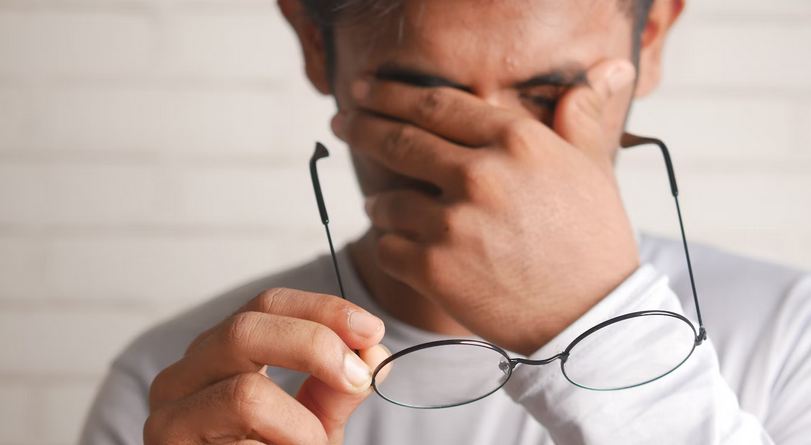Binge-watching a whole TV series over a weekend provides immediate satisfaction, but waiting weekly for new episodes has its own rewards, creating anticipation and excitement. New research delves into the connection between curiosity and patience, yielding unexpected findings.
Curiosity enhances engagement
Researchers from Duke University have found that curiosity can enhance individuals’ patience when awaiting a desired answer, while also increasing their eagerness to hear it. These discoveries hold promise for educators and students in various educational settings, as they shed light on how curiosity can foster engagement rather than providing instant gratification.
Lead study author Abby Hsiung said that when considering curiosity, human perception often centers on the desire for instant solutions. However, the research revealed that individuals exhibiting higher levels of curiosity exhibited a greater willingness to exercise patience.
According to Hsiung when watching football matches and television programs, there is gradual progression of information, shrouded in uncertainty regarding its eventual outcome. The researcher was curious to ascertain whether heightened curiosity would motivate individuals to actively seek out or actively steer clear of immediate ‘spoilers.
Hsiung’s motivation to embark on this study stemmed from the multitude of brief culinary demonstration videos found on platforms like Instagram and TikTok. She explained that the videos captured her attention because, despite their brevity, they skillfully construct a storyline imbued with suspense, leaving viewers engrossed and inquisitive about the ultimate assembly of the lasagne.
Curiosity peaks when outcome is uncertain
Over 2,000 people watched 25 short line-drawing videos online and were asked about their curiosity, emotions, and guesses about the final drawing. They could also use a “preview” button to see the ending quickly. Surprisingly, curious people avoided the spoiler button and watched the drawings unfold, while those with less curiosity used the instant solution.
Alison Adcock, a professor at Duke specializing in psychiatry and behavioral sciences, emphasizes that curiosity not only drove people to seek answers but also enhanced the value of the journey. The study shows that curiosity tended to peak at various points during video watching, particularly when the outcome of a drawing was uncertain and when participants were narrowing down their focus to a single answer.


